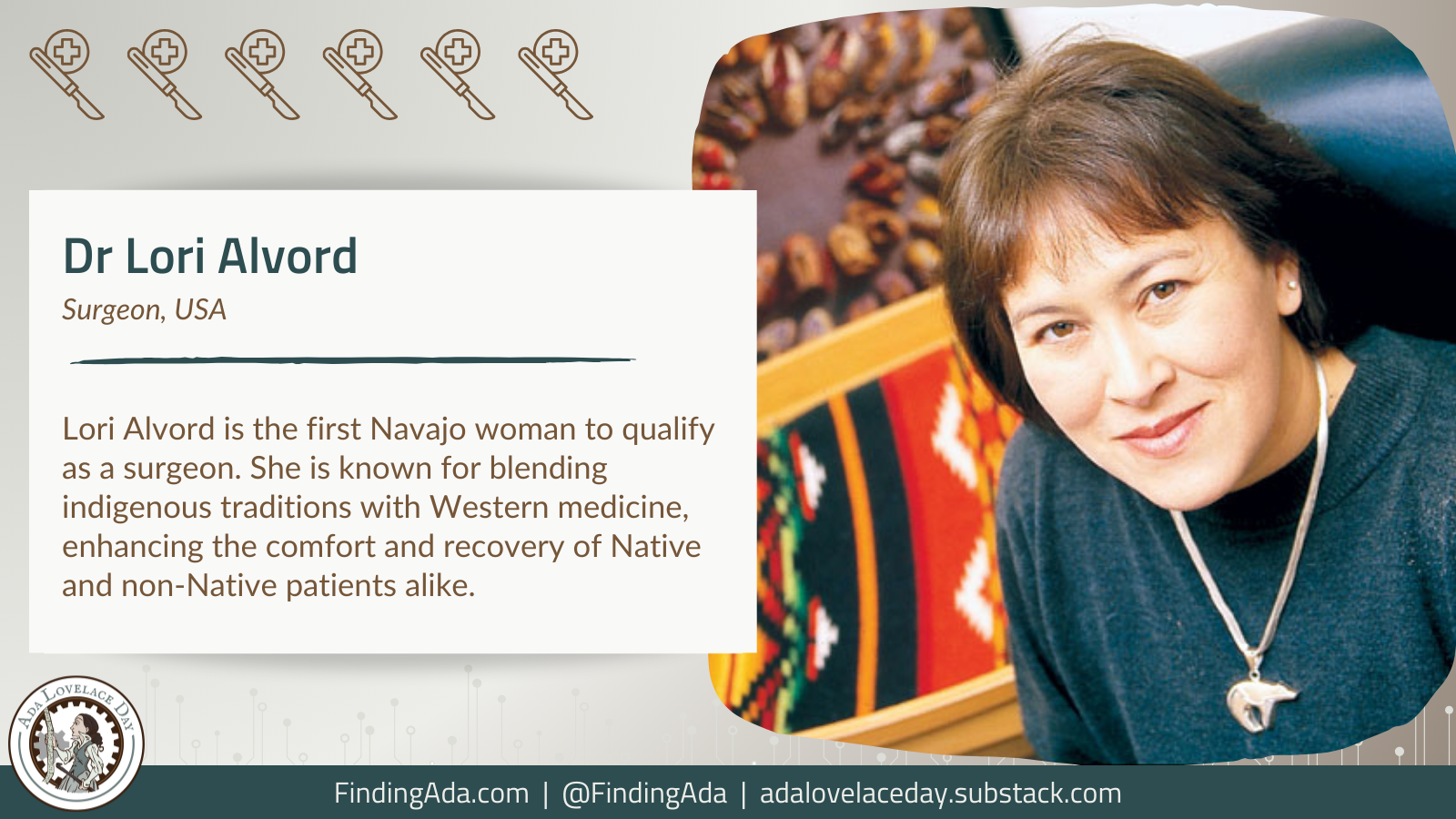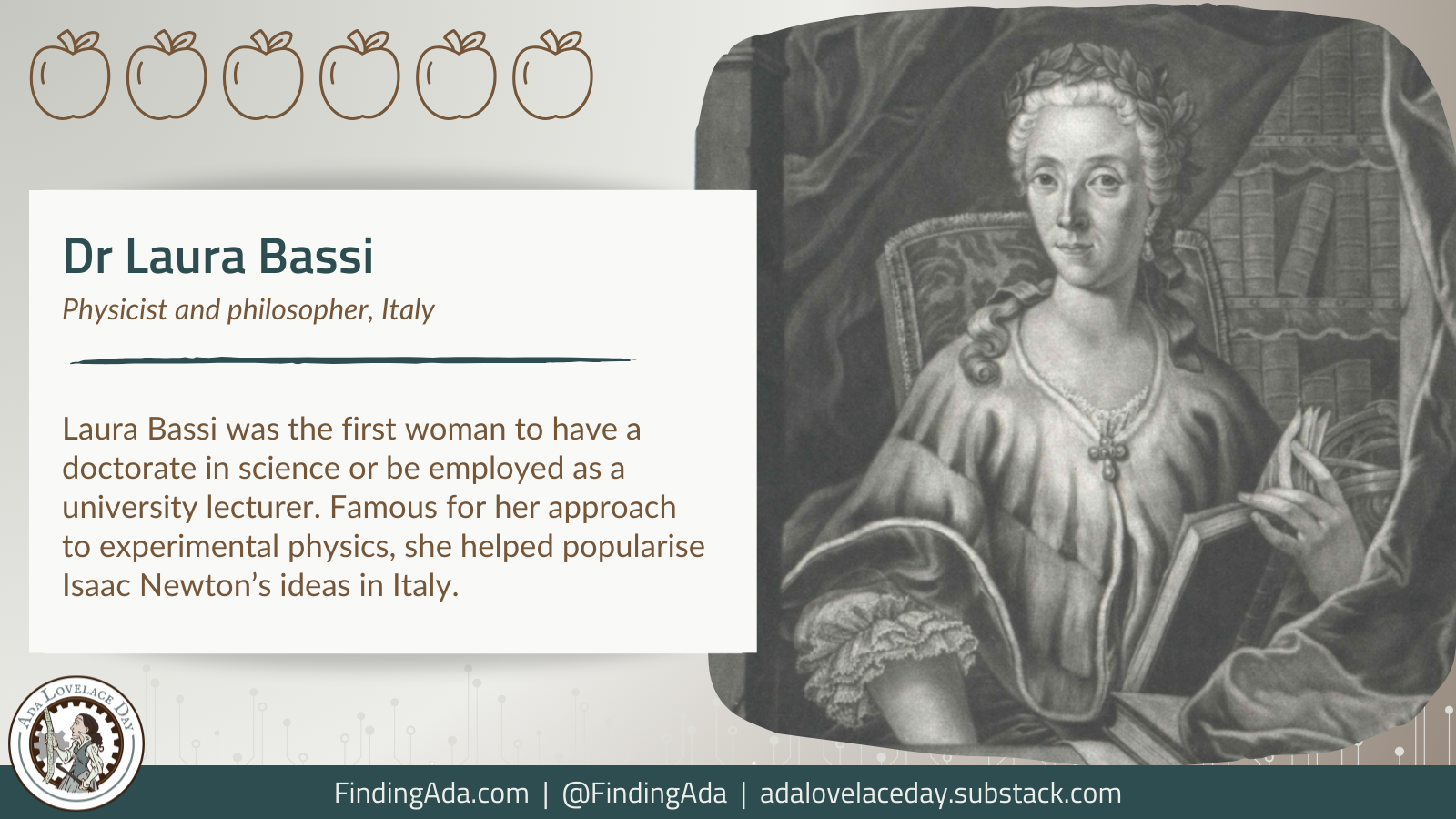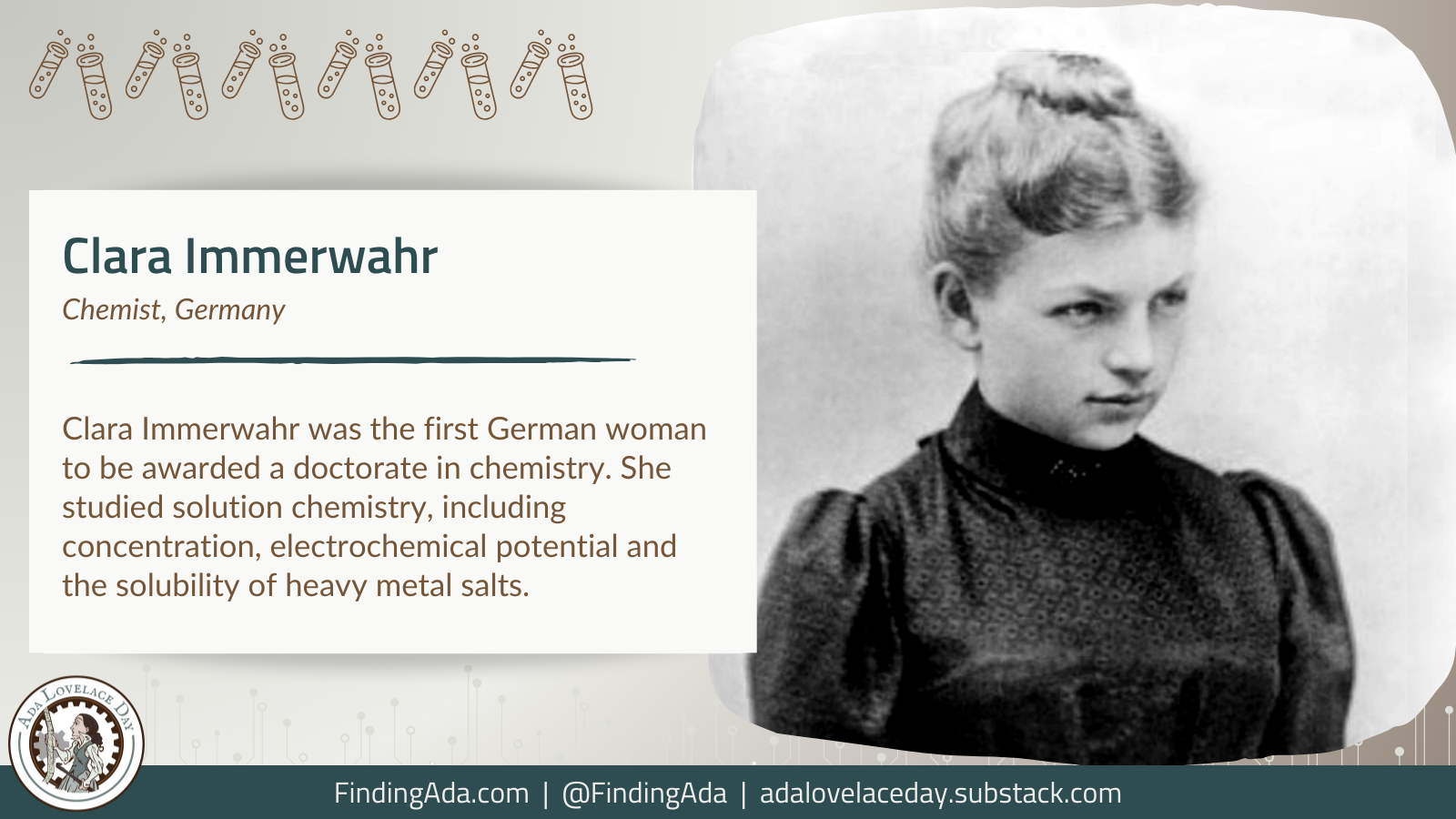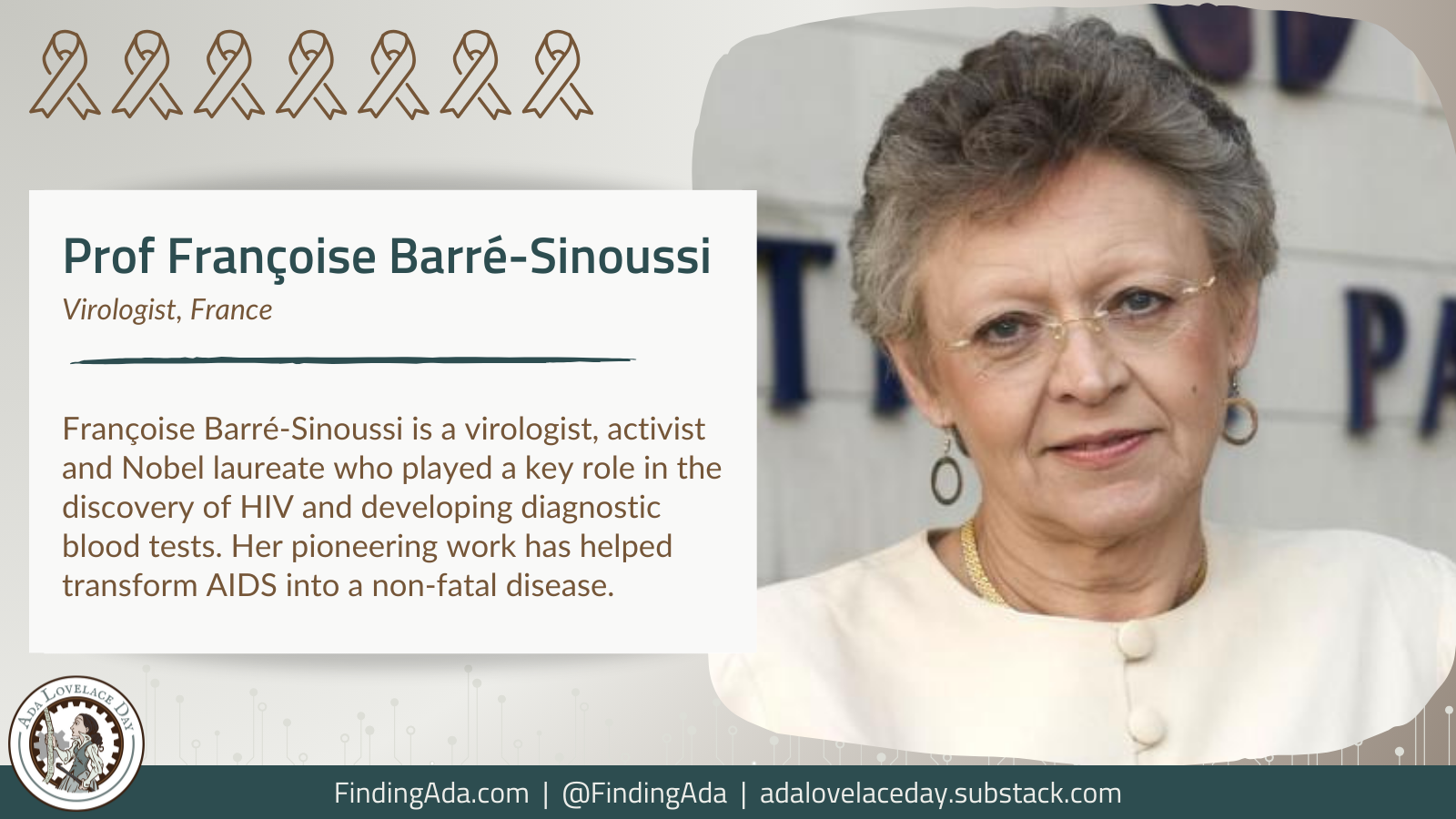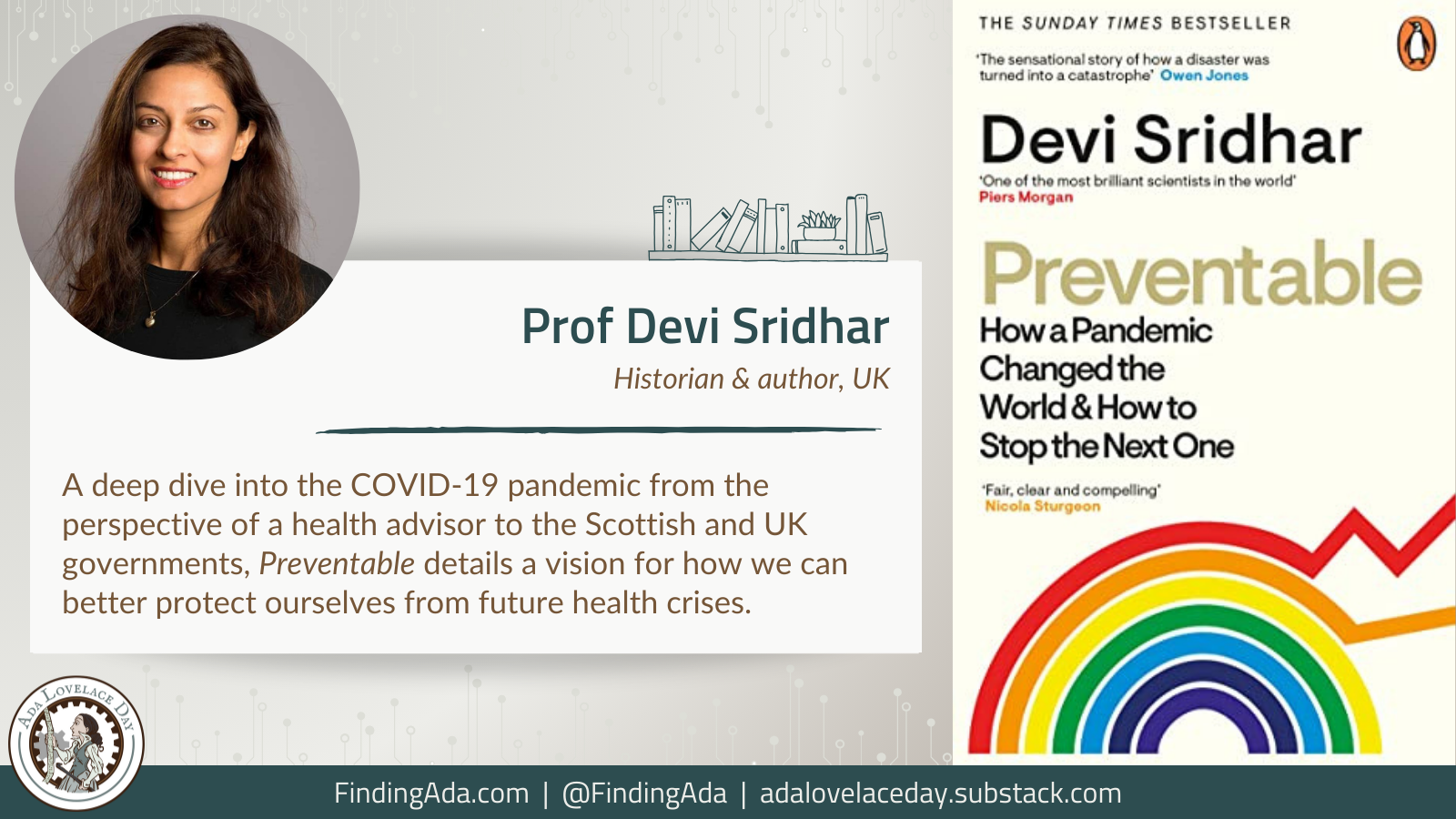Dr Lori Alvord
Dr Lori Arviso Alvord is an American surgeon who became the first Navajo woman to be certified in surgery in 1994. She blends traditional Navajo healing techniques with conventional Western medicine, with the aim of providing Native American people with culturally competent healthcare and accelerating the recovery process for all patients.
Alvord was born in 1958 to a Diné father and White mother on the Navajo reservation of Crownpoint, New Mexico. She initially majored in natural sciences at Dartmouth College but received low grades. Believing she wasn’t clever enough to pursue a STEM career, she switched to a double social sciences major with a minor in Native American studies, graduating in 1979.
However, a neuroanatomy course at college had ignited Alvord’s interest in neurology. She joined a neurobiology clinic as a research assistant, where colleagues encouraged her to apply to medical school. She was accepted into Stanford University Medical School and earned her MD in 1985.
Medical school is always tough, but it posed specific challenges for Alvord, whose training required her to go against some Navajo traditions. She undertook a six-year residency at Stanford University Hospital after her M.D., then began practising as a surgeon with the Indian Health Service in Gallup, New Mexico. In 1994, she earned her board certification as a surgeon – the first Diné or Navajo woman to ever do so.
During her time in Gallup, Alvord cared for her own tribal members and observed that their needs, concerns and traditions often clashed with her conventional Western medical training. She began to develop a new philosophy of surgical care that respects Native American culture. Alvord has been particularly influenced by Navajo beliefs about the importance of harmony. In the context of medicine, this involves paying attention to all aspects of a patient’s life – including their personal relationships and psychological and spiritual wellbeing – rather than trying to address physical ailments in isolation.
Alvord also incorporates Navajo songs, symbols and ceremonial rituals into her practice, recognising that these can ease stress in a way that helps accelerate healing. Respect for nature is central to Alvord’s work, too; she advocates for hospitals “where you can see trees and grass and sky and sun”.
In 1999, Alvord published a bestselling memoir about her surgical career, The Scalpel and the Silver Bear. She has held a number of prestigious academic posts in the US since the 1990s, including assistant professor of surgery and psychiatry at Dartmouth Medical School, associate faculty member for the Center for American Indian Health at Johns Hopkins School of Public Health, and associate dean of the Central Michigan University College of Medicine. In 2013, she was nominated to serve as U.S. Surgeon General.
Today, Alvord is chief of staff at Astria Health in Washington in the United States, where she continues to focus on surgical care that incorporates patients’ native culture. She has published research articles in the Journal of the American College of Surgeons, and expressed pleasure that mainstream scientific research is beginning to support some Native philosophies and practices – from meditating to reduce stress and increase immune responses to the benefits of following a high-vegetable, low-meat diet. Her goal, she says, is to “achieve a better way to deliver health care not just for Native people, but for everyone”.
Alvord’s honours include the Wallace Sterling Lifetime Achievement Award from the Stanford Medicine Alumni Association in 2018, and recognition from the Navajo Area Health Board for her “dedication and concern for the quality of healthcare on the Navajo Nation”.
You can follow her work here:
Twitter: @lori_alvord
Further Reading
- Lori Alvord, Wikipedia
- Dr Lori Arviso Alvord, Changing the Face of Medicine
- Lori Arviso Alvord ’79 hosts lecture on integrating Native and Western medicine, Kent Friel, The Dartmouth, 3 February 2023
- Lori Arviso Alvord, MD: The First Navajo Nation Tribal Member to Be Board Certified in General Surgery, Capt Susan V. Karol, MD, Bulletin of the American College of Surgeons, 4 February 2022
- Dr. Lori Alvord: From Navajo Healing Ceremonies To 21st Century Medicine, New Hampshire Public Radio, 1 August 2014
- Bridging the Cultural Divide in Medicine, Edna Francisco, Science, 3 December 2004
- Through Navajo Eyes, Dr Lori Arviso Alvord, Stanford Magazine, January/February 2000
Written by Moya Crockett, with thanks to Stylist for their support.
